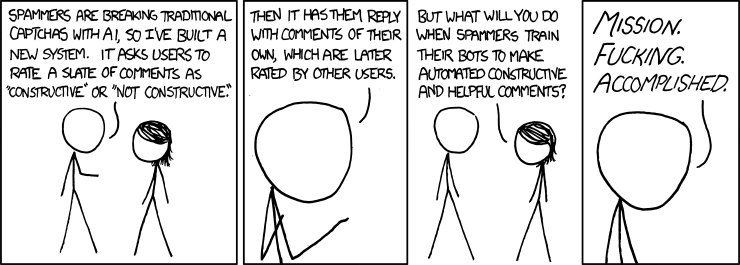
|
|
|
CS 224N / Ling 284 — Natural Language Processing |

|
|
Announcements
Course DescriptionThis course introduces the fundamental concepts and ideas in natural language processing (NLP), otherwise known as computational linguistics. Ever wondered how Google Translate works, or how companies do automated resume processing? Want to build a computer that understands language? This course is for you. It develops an in-depth understanding of both algorithms for processing linguistic information and the underlying computational properties of natural languages. We consider Word-level, syntactic, and semantic processing from both a linguistic and an algorithmic perspective, aiming to get up to speed with current research in the area. The course focuses on modern quantitative techniques in NLP -- using large corpora, statistical models for acquisition, disambiguation, and parsing -- and the construction of representative systems. 
Prerequisites
Intended AudienceGraduate students and advanced undergraduates specializing in computer science, linguistics, or symbolic systems. Textbook and ReadingsThe required text is:
It's at the bookstore (and other purveyors of fine books). Of course, we're also fond of:
Other useful reference texts for NLP are:
Other papers with relevant material will be posted on the syllabus, as will lecture slides. Assignments and GradingThere will be three substantial programming assignments, each exploring a core NLP task. They are a chance to see real, close to state-of-the-art tools and techniques in action, and where students learn a lot of the material of the class. There will be a final programming project on a topic of your own choosing. Finally, there will be simple in-class quizzes based on the day's lecture, which will aim to check that you are paying attention to what you hear/read. Course grades will be based 60% on programming assignments (20% each), 6% on the quizzes, and 34% on the final project. Be sure to read the policies on late days and collaboration. SectionSections will be held most weeks to go over background material, or to address issues related to the programming assignments. Sections are optional, but students are encouraged to attend for a better understanding of background material and the assignments. |
|
Course Information
Electronic CommunicationsWeb: http://cs224n.stanford.edu/ Piazzza: CS224N forum
Staff mailing list:
Announcements mailing list:
Enrolled students are automatically subscribed. AssignmentsAssignment 1 (due 1/19/11)
Quiz answer submission form Links
Quiz answer submission form |
|
Site design by Bill MacCartney |